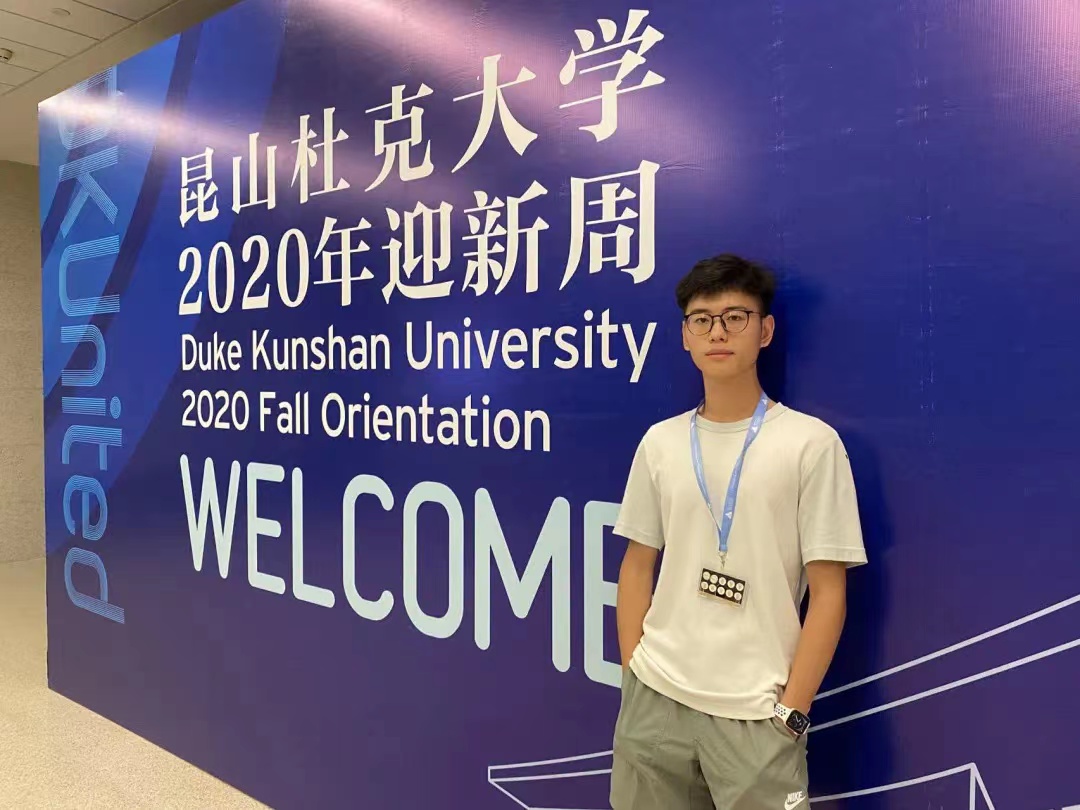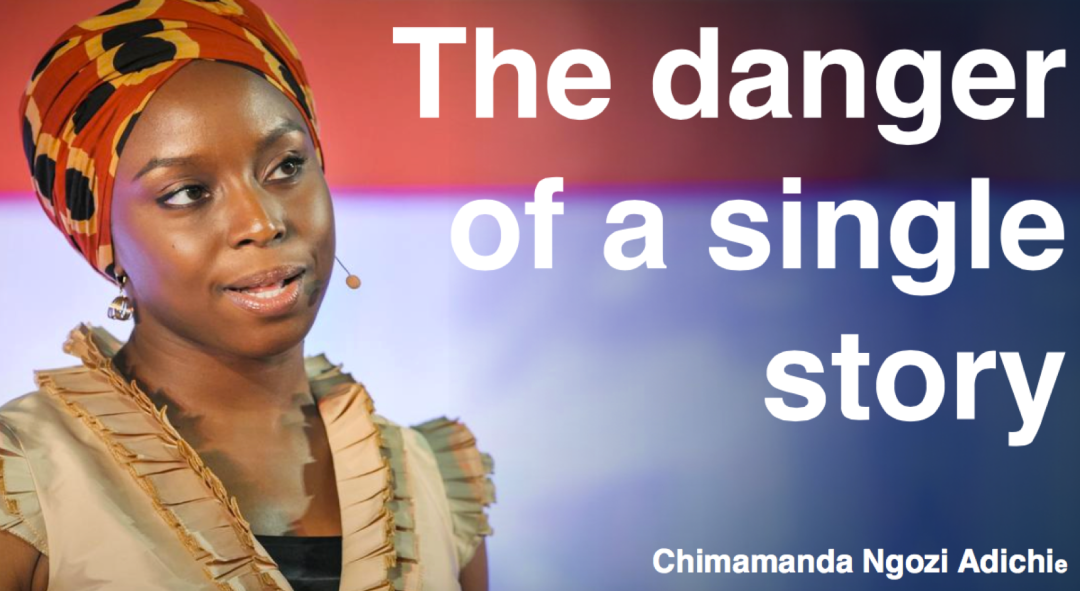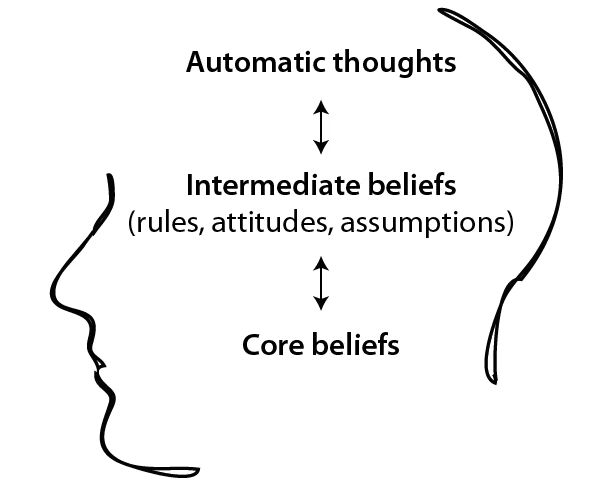
Keeping Halal and Learning to Listen
BY JIALONG WANG 王家龙
A Hui Muslim student responds to Adichie’s “The Danger of a Single Story”.
Chimamanda Ngozi Adichie, a writer from Nigeria known as a feminist, has devoted most of her career to spreading the value of inclusiveness. Her TED Talk, “The Danger of a Single Story,” vividly describes different types of “single stories” (stereotypes) that she has encountered throughout her life. Although most of these stories happened when she was a young girl, the lessons behind them struck me a lot. She used to believe that an authentic novel or story must contain foreigners, until one day she chanced to read a story from her own country. Such an unexpected experience was actually the first time she was misled by a single story. Throughout her speech, Adichie claims that a single story would rob people of dignity and aggravate human inequality. Her concept of a single story can teach us a lot about how to achieve equality between cultures.

Credit: https://recoverynet.ca/2017/06/30/the-danger-of-a-single-story-chimamanda-ngozi-adichie/
Adichie’s speech struck a chord in the bottom of my heart. It reminds me of a single story that I encountered when I was in primary school. My family belongs to the Hui ethnic group and believes in Islam. Different from devout Muslims from Middle-Eastern countries, we neither pray nor fast during Ramadan but just keep some of the Islamic dietary laws such as a pork-free diet. So I follow these customs as my parents do and have kept this dietary habit till today. However, due to my distinctive pork-free diet, I have also encountered some stereotypes or single stories about me.
I still remember a scene when I was trying to explain to others why I did not eat pork, but people around me were always keen to interrupt me and express their own opinions. They wanted to believe that our unique pork-free diet came from an esteem towards pigs held by the ancient ancestors of the Hui people. Although it is a well-acknowledged misconception in Chinese society, even today if you open any browser and search “Why does the Hui ethnic group not eat pork?”, you will find there are still many people sticking to this ridiculous perspective.


Search results from Baidu
I asked some of my friends who held this viewpoint how this biased “single story” became embedded in their minds. Few of them could give a persuasive explanation. Most of them said that they heard this story from their parents or elders in their families.
These offensive comments had an immense impact on my life. I was deeply irritated and upset by this single story about myself, tossing and turning to think about how I could convince my friends with concrete proof. However, ethnic customs are not absolute truths that can be explained in a scientific way. Much to my regret, I started to hold a single story about them—those people who held a wrong perception about my special diet, regardless of the fact that they probably had no way of learning about about our customs. I saw their words as deliberate offenses and did not give it another thought. Sometimes stereotypes are a filter that only allows in information that already exists in our minds (Samovar et al., 2017).

Credit: https://www.psychologytools.com/articles/unhelpful-thinking-styles-cognitive-distortions-in-cbt/
As I grew up, I eventually realized that if I do not like other people believing a single story about me, I have to learn to listen carefully to others’ stories first. Only in this way will we acquire different stories from each other and create opportunities for further interaction. Once in a conversation with my girlfriend, I unintentionally revealed my dislike of pork products by calling pork a disgusting food. My rudeness and disrespect irritated her. For those who consume pork as a common dish in their daily lives, my single story about pork products would make them feel uncomfortable as well. As we can see, a single story usually generates more prejudice and misunderstandings. If we desire respect from others, we should listen to others’ stories first, and respect the differences between their stories and ours, and their right to their own opinion.
As Adichie says, “Stories matter. Many stories matter.” (17:33). A single story not only distorts the authentic stories that should be being told by both sides, but it also reduces the possibility for further interaction in the future. In contrast, having many stories promotes communication and mutual respect. The danger of a single story is enormous and often hard to recognize. It reminds us never to jump to conclusions about others or hold stereotypes. There is never just one version of a story in the world, and we all need to learn how to listen to stories that are different from our own.
Editor | Eric Eberly, Austin Woerner
Layout | Lexue Song 宋乐雪
Jialong Wang (王家龙) is from DKU’s class of 2024, and his intended major is Behavior Science with Psychology track. He is obsessed with photography, badminton, and skiing. As a member of Hui ethnicity (回族), he wrote this essay in EAP102 to share his own viewpoint on cultural diversity based on his own experiences.
